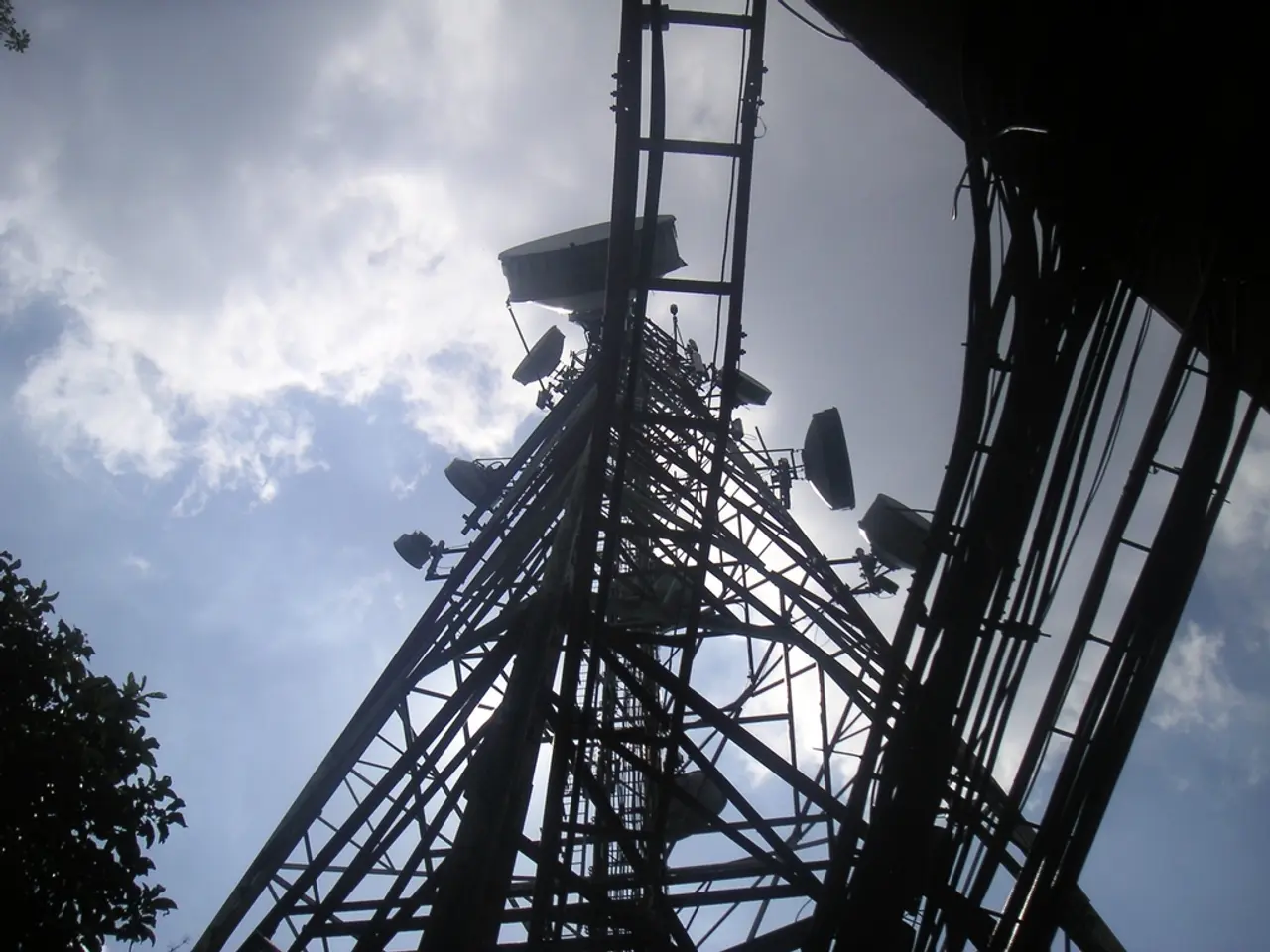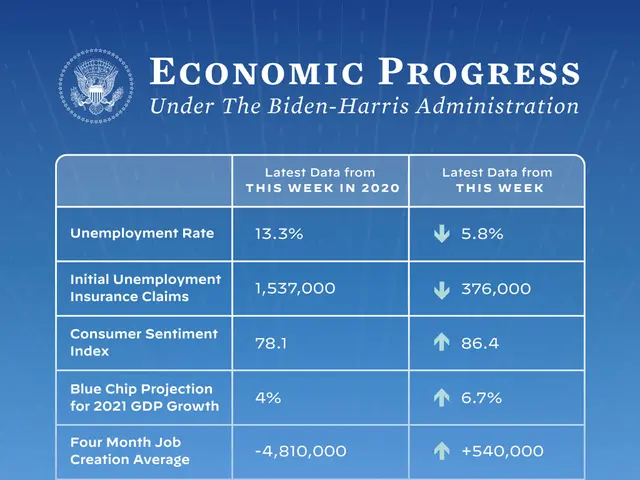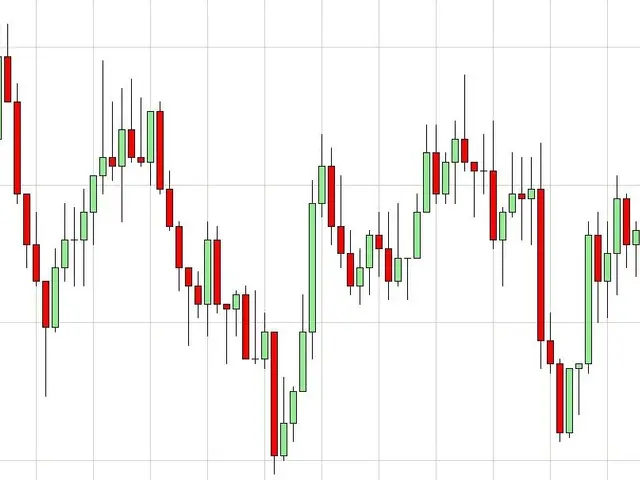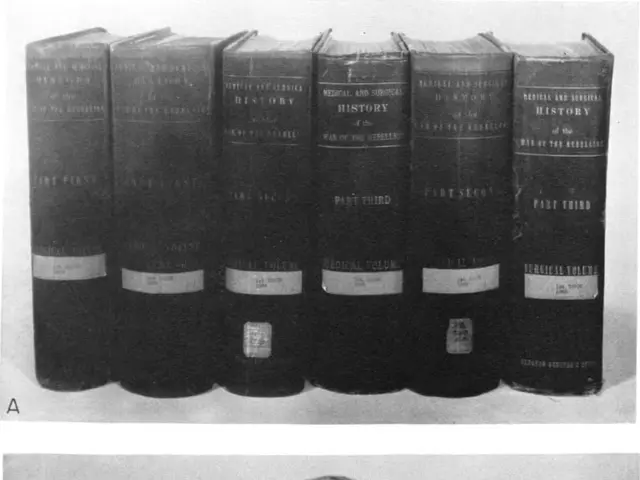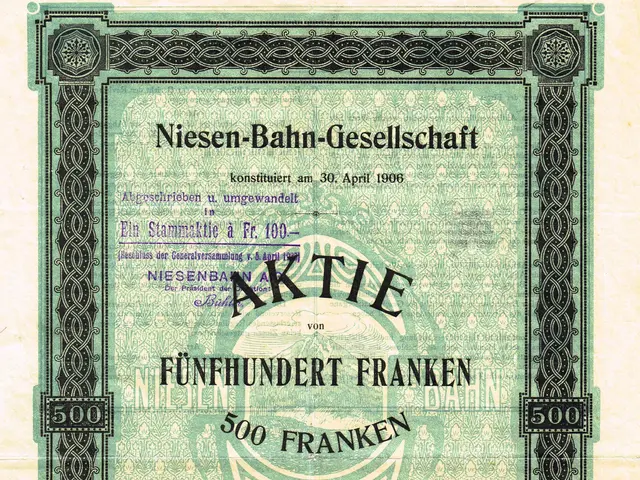Radio communications company persists in campaigning against increased power output for HD radios
In a recent submission to the Federal Communications Commission (FCC), Press Communications, a radio broadcaster based in New Jersey, has expressed its opposition to a proposal that aims to increase the maximum power level for digital FM radio stations.
Press Communications owns five Class A FM stations and one AM radio station in New Jersey, and CEO Bob McAllan argues that the proposed power increase could lead to significant losses in audience for Class A stations, particularly for WKMK(FM), licensed to Monmouth County, N.J. McAllan believes that the increase could expand existing interference areas within WKMK's 60 dBu contour, potentially causing a significant loss of audience in states' primary commuting corridors.
McAllan describes HD Radio as an "ill-conceived attempt to digitize an already overcrowded FM band." He further argues that lower-power Class A FM stations, FM translators, and Low Power FM (LPFM) stations are especially vulnerable to an HD Radio power increase. The CEO of Press Communications claims that the Class A community is largely shut out of viable and useful HD Radio digital participation.
Press Communications has previously submitted technical studies to the FCC, showing interference to Class A FM station listeners from first-adjacent out-of-market Class B stations with an HD power increase. The company requests the FCC to develop new procedures to protect a Class A station's audience outside of its 60 dBu contour but within its 45 dBu contour.
In addition, Press Communications asks the FCC to include a remedy for interference from a Class B or B1 station to any first-adjacent Class A station if it adopts the new rules. The company also suggests that the commission should consider the issue of radio receiver technology, particularly those in automobiles, due to the already-crowded FM band.
The FCC is currently considering the proposal, which, if adopted, would allow additional radio stations to increase power without prior authorization from the commission. However, Press Communications claims that the FCC proceeding lacks technical studies on the impact of digital power increases beyond -17 dBc on Class A stations. The company includes a number of exhibits in the proceeding (MB22-405) to support its argument against the HD Radio power increase, which can be viewed in the commission's Electronic Comment Filing System (ECFS) system.
Not all companies share the same viewpoint as Press Communications. iHeartMedia, Cox Media Group, and Beasley Media Group have expressed support for the digital radio power increase, stating that protections and processes are already in place to protect smaller analog FMs.
As the FCC continues to deliberate on this matter, the debate between those in favour of increasing digital transmission power and those opposed, like Press Communications, continues. The outcome of this decision could have significant implications for the radio broadcasting industry in the United States.
Read also:
- Federal Funding Supports Increase in Family Medicine Residency Program, Focusing on Rural Health Developments
- Potential Role of DHA in Shielding the Brain from Saturated Fats?
- Alternative Gentle Retinoid: Exploring Bakuchiol Salicylate for Sensitive Skin
- Hanoi initiates a trial program for rabies control, along with efforts to facilitate the transition from the dog and cat meat trade industry.
